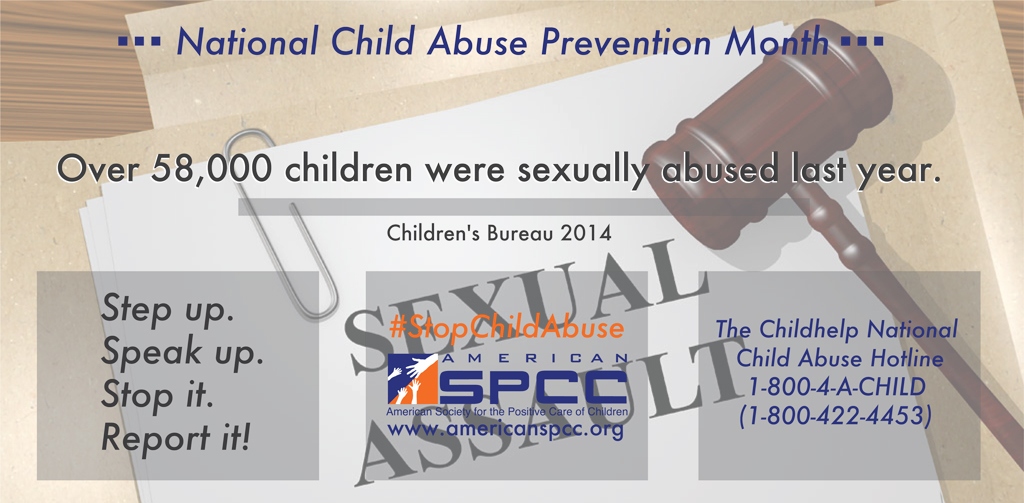BeAKidsHero™


In the world of child forensic interviewing, there is a well-known fact…
Disclosure is a process, not a one-time event.
Disclosing abuse, be it sexual, physical, psychological or neglect, can be incredibly difficult for a child. The same holds true for adults… imagine yourself sitting in a room with someone you just met who begins asking questions about your last sexual encounter…
- Were you alone?
- How many people were in the room?
- Were pictures or videos taken?
- What you were doing… and what happened next?
- What were you wearing?
- Why did it stop?
Children who have been victims of abuse can experience a wide range of thoughts and emotions from not knowing or understanding the abuse is wrong… to being fearful for their safety or the safety of people they love… to feeling ashamed and that they are actually the root cause of the abuse. (All reasons why Child Advocacy Centers play such a vital role in the investigation of child abuse allegations!)
In approximately 23% of child abuse cases, children recant (take-back) allegations of abuse. Research has been conducted to better understand why children do this:
the #1 reason children recant abuse allegations is their primary, non-offending caregiver (which in the vast majority of cases is the mother) DOES NOT believe them.
In a study published by the Journal of Experimental Child Psychology entitled, “Children’s recantation of adult wrongdoing: An experimental investigation“, it states (see report for research scenario and testing information):
“46% of the children recant[ed] their prior disclosure when mothers merely suggested that they should. In contrast, no children in the supportive condition recanted, implying that children are unlikely to make spontaneous recantations following supportive caregiver reactions – at least when it comes to minor acts of wrongdoing committed by adults.”
From the abstract:
“No age differences in recantation rates emerged, but 8- and 9-year-olds were more likely than 6- and 7-year-olds to maintain their recantation throughout Interview 2. Children whose mothers reacted supportively to disclosure became more forthcoming in Interview 2, and those whose mothers reacted unsupportively became less forthcoming. Results advance theoretical understanding of how children disclose negative experiences, including sociomotivational influences on their reports, and have practical implications for the legal system.”
So, what does this mean?
In a nutshell, nearly a quarter of children who make allegations of abuse will “take back” or “change their story” IF their moms don’t believe them or suggest they are in some way wrong or at fault for the abuse.
Sanford Health in North Dakota brilliantly summarizes child recantation:
“Recantation is common among children who disclose sexual abuse; approximately 23% of children who disclose sexual abuse later recant. Studies show that most children who recant are telling the truth when they originally disclose. Recantation is largely a result of familial adult influences rather than a result of false allegations.
“Children are more likely to recant when they are younger, abused by a parent figure and who lacked support from the non-offending caregiver. Interestingly, children who were placed in foster care immediately following the disclosure of sexual abuse were slightly less likely to recant then those children who remained with family members. Finally, when looking at reaffirmation rates, the researchers noted that 48.3% of the children who recanted their statements of sexual abuse eventually reaffirmed at least some part of those statements.“
Hey, moms!
… and dads, guardians and other people who care for children — if a child EVER discloses abuse to you, there are 3 responses you MUST make:
1. Say “I believe you.” The facts will work themselves out in the end, but at the moment a child chooses to confide in you, you have a responsibility to trust that child and believe him/her. Not doing so can have long-term, damaging effects, including continued victimization of the child. Research also indicates that the percentage of false allegations made by children is extremely low, so odds are, your child is disclosing something that did indeed happen.
2. Assure the child, “It wasn’t your fault.” Sexual predators and abusers often will place blame for the abuse back on the child victim in an attempt to keep him/her quiet or ‘accept’ the abuse.
3. Immediately secure the child and report the abuse. I don’t care who the allegations are made against… your spouse, another child, a family member… you have an obligation to protect that child by ensuring s/he is NOT in the presence of the alleged abuser and then allowing professional investigators the opportunity to figure out what’s going on. Mandated reporters of abuse vary from state to state here in the U.S., but I believe we all have a moral obligation to report which, in turn, shows that child s/he is important enough to protect! Follow this checklist of 7-steps to follow if a child discloses abuse, or you suspect a child is being maltreated in any way.
About Ginger


YOU Can BeAKidsHero!
Join the conversation and receive Ginger’s blogs and other updates about youth safety and protection. Count me in to Be A Kid’s Hero!
[ssba]

